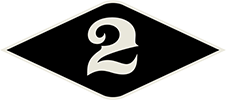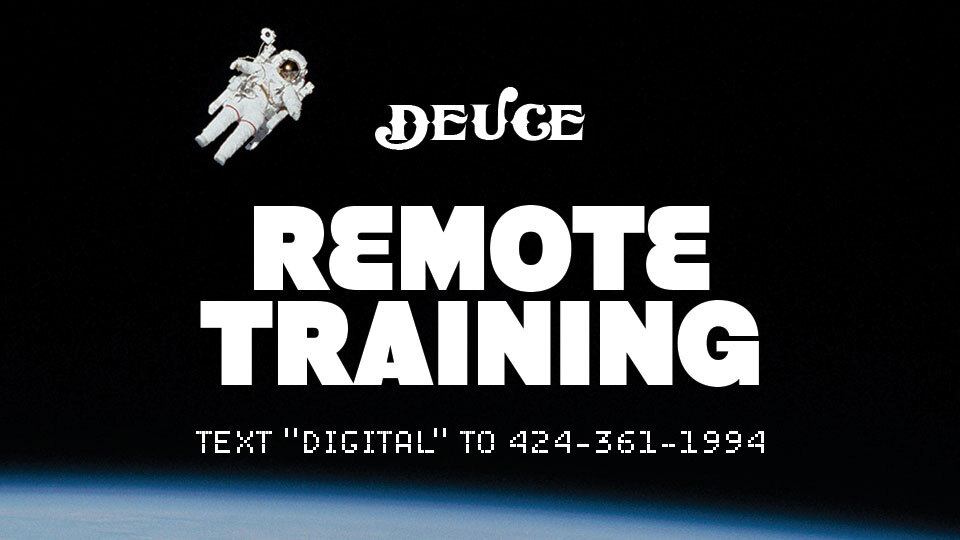
The results are in! The first tech start up company of the decade to earn a billion dollar valuation has passed the ten figure threshold. It’s name?
ClassPass, Inc.
It’s important to mention that the intention of this article is to communicate an important, universal worldview of health and fitness. Neither I nor DEUCE feels or is oppressed by the obvious and impressive success of any other company, including those in the health and wellness space. ClassPass founder Payal Kadakia’s work is noteworthy and her success is well deserved.
Inside of ClassPass’ ability to win the game of entrepreneurship is a peculiar paradox. Fitness has long been an industry with impressive commerce (multi-billions of dollars) but confusingly unimpressive results (America is annually more obsese each year). The theory in practice with the American economy is that it’s egalitarian… allegedly. There are exceptions, of course, and it’s my view that the very worldview that drives ClassPass’ financial success is a self-sealing trap where the consumer doesn’t hold the company accountable (to delivering remarkable fitness) and it works because the consumer doesn’t really want to be held accountable to doing what it takes to get fit. It’s a trap that brings profits but prevents the best possible fitness outcomes. The results?
We’ve made billionaires out of the fitness professionals whose service minimizes the ability for the population to get fit.
Again, ClassPass Inc is simply the case study example (not a punching bag) of the paradox found in the fitness business, which is built on a premise ripe for lots of commerce and not much healthy, capable bodies. For context, the company (and many like it) built a model of training that characteristically gets in the way of making people their fittest by tapping into the psychology of the consumer.
Nearly all people want to look, feel, and/or perform better. We know how to do that. We’ve had the technology for a long time. The reason we don’t have better results, however, is because it requires the consumer to willfully choose physical adversity indefinitely. This fact remains true after novelty and motivation wear off. I assume this very fact will make the pursuit of fitness a minority endeavor in our population. In the meantime, charlatans, gimmicks, and companies like ClassPass, will profit on the only thing more powerful than the consumer’s desire to get fit, which is the consumer’s desire to be relinquished of the responsibility to do so. Said differently, no one can blame you for your lack of health if you’re trying (even if what you’re trying will never get you fit). Heck, you can’t even blame yourself. You’ve got a gym membership, you spin, you box, you’re paying, you’re trying. But, we’re told fitness is confusing and difficult and a code that sometimes just can’t be cracked and we believe it. It’s a convenient thing to believe, because if fitness was simple (which it is) then consumers would have no one to blame but themselves. And, we can’t have that, so we let ClassPass have our money each month – PHEW!
ClassPass, and concepts like it. discount the service of fitness professionals and remove the responsibility of the student to commit to the training. Instead, they pay the company a membership that gives limited, discounted access to many gyms without committing to any single program. This purports the well-to-do act of working out but misses the oldest, truest fundamentals of how training works. (Spastically exchanging non-committal compliances to an array of 60-minute fitness classes still isn’t in the textbooks as a means for driving physical adaptation.) Meanwhile, this conveniently aligns with a psychology of the consumer that has concerns about training being difficult (it is) and desired results being at the end of training that is more mundane and endless (it is) than they’d like it to be. This approach not-so-conveniently removes the ability to drive substantial, sustainable fitness adaptation. But, hey, at least we’re trying.
The classic rebuttal to this is some version of this approach being “better than nothing” or “a great way to get people started”, which of course aren’t acceptable standards for virtually any other purchase. Imagine the CEO of Toyota stating, “Here at Toyota we knowingly sell cars that don’t drive, but, hey, we’re just getting people started. If it doesn’t run, it’s still better than having no car at all. Have I mentioned we’re number one in the industry?”
As long as “fitness professionals” write the permission slip for consumers to skirt the reality of progressive, committed training for a monthly fee, some of the richest people in fitness will be those that can’t make the greatest impact on the actual fitness of the market. We need leaders to have the courage to tell the marketplace that the reality of developing fitness is both possible and difficult, and ultimately create the environment to do it. Perpetuating the notion that men and women can just “dabble” their way to legitimate health and fitness is doing much more harm that good.
FUN FACT: the founders of ClassPass first called the company by a different name. The original namesake?
Dabble, Inc.
7/6/20 WOD
DEUCE ATHLETICS GPP
10-10-10-10
Chin Ups
Then, complete 3 rounds for quality of:
5 Partner Med Ball “Around The World” (ea)
10 Push Ups-to-V-Tuck (roller)
“Death By Double Unders & Squats”
EMOM until Failure
30 Double Unders
2, 4, 6, 8.. Squats
DEUCE BACKLOT GPP
6-6-6-6-6
Tempo Deficit Snatch Grip Deadlift (50X1)
Then, EMOM 20
Min 1: 10 Power Cleans (135/95)
Min 2: 20 Sit Ups
Min 3: 200m Run
Min 4: -Rest-
DEUCE GARAGE GPP
Find a 2RM front squat..
Then, complete 2 rounds for quality:
8 Front Squats
Then, AMRAP 8
12 Toes-to-Bar
16 Overhead Reverse Lunges (45/25)
-Rest 4 min-
AMRAP 8
Run 800m
Max Hang Cleans (135/95)

